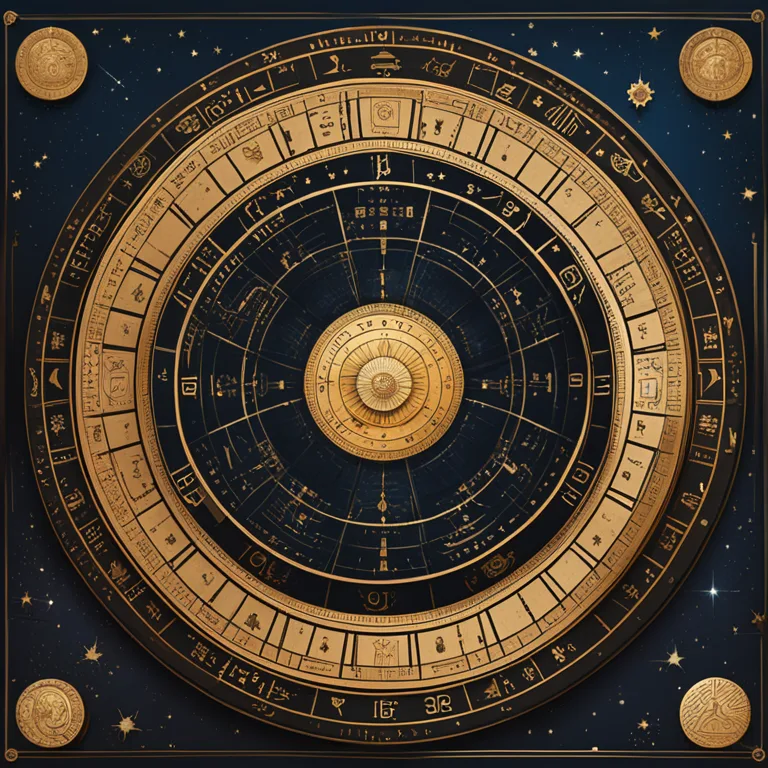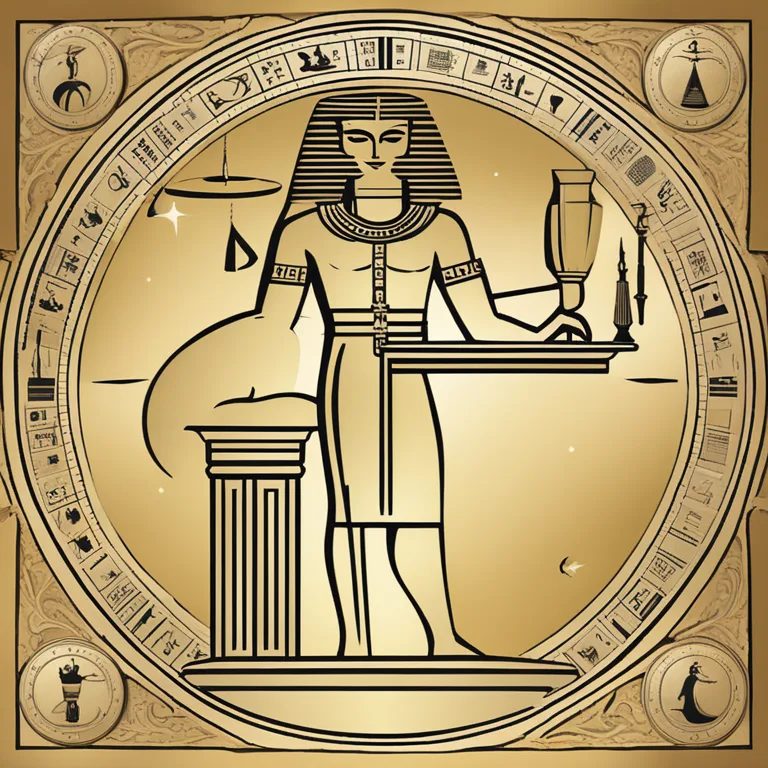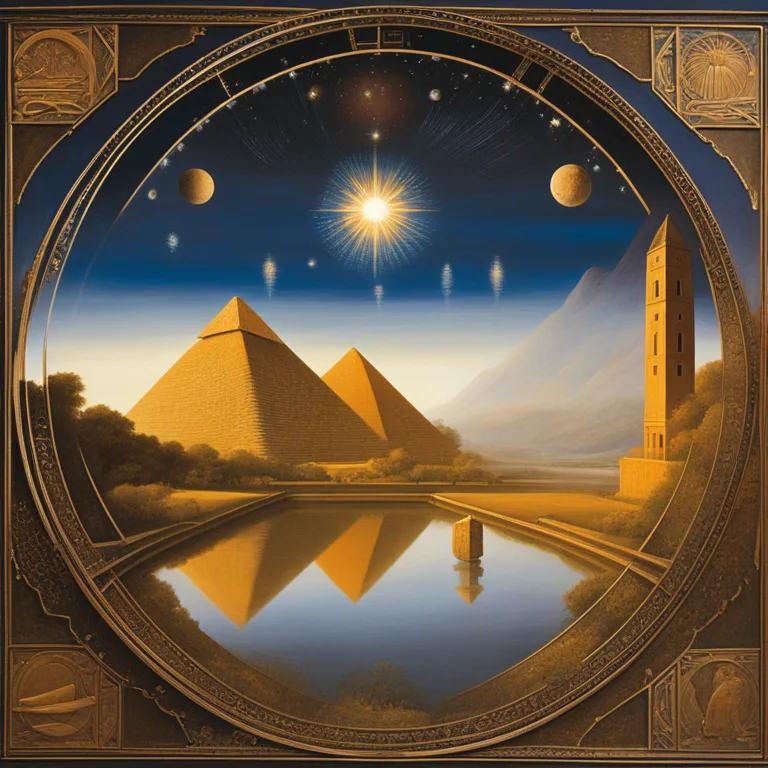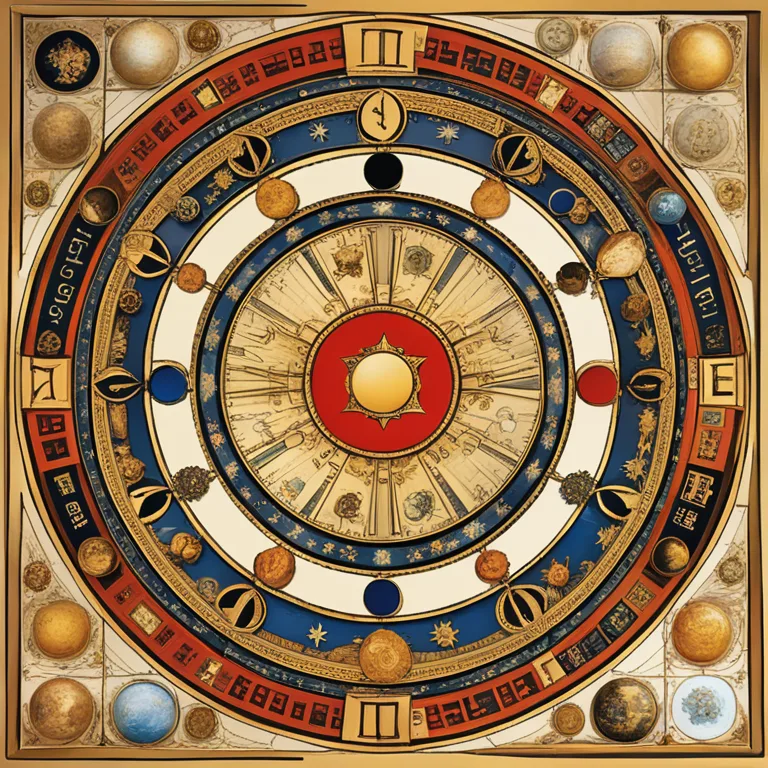
The Evolution of Astrology
A brief exploration into the historical roots of astrology and its evolution through the ages.
article by Priya Deshmukh
The Dawn of Astrology
Astrology's inception intertwines with humanity's earliest civilizations, born from a natural fascination with the cosmos. Ancient societies perceived celestial events as divine messages, essential for survival and prosperity. With observations spanning millennia, our ancestors endeavored to understand patterns within the stars. These efforts laid the groundwork for astrology as we recognize it today. Astrological practices became integral to agricultural planning and sea navigation, reflecting the reliance on celestial bodies for guidance. The systematization of these stellar observations gave rise to zodiac signs and horoscopes, gradually morphing into a complex spiritual discipline. As 2024 approaches, this ancient wisdom is undergoing a renaissance, integrating seamlessly with modern life and thought.

The Babylonian Contribution
The Babylonians are frequently credited with formulating the foundations of Western astrology during the 2nd millennium BCE. They developed a sophisticated system to predict seasonal shifts and celestial patterns. Zodiac constellations and the concept of natal charts emerged from this society's diligent efforts. Astrology's rise in Babylonia was inextricable from its cultural and political structures, aiding decision-making for rulers and citizens alike. Even as we gaze towards the heavens in 2024, Babylon's legacy endures, influencing how we perceive planetary movements and interpret astrological phenomena today.

Hellenistic Astrology's Flourishing
The transmission of astrological knowledge to Greece marked a pivotal evolution with the creation of the Hellenistic astrology school around the 1st millennium BCE. This period saw the integration of Babylonian practices with Egyptian traditions and Greek philosophy, forging a refined system of astrology. Hellenistic astrologers introduced the four-element theory and emphasized the importance of individual natal charts. These charts remain a staple in Western astrology, mapping the skies at one's birth to discern personality traits and future prospects - a practice still widely consulted for those eager to glimpse their fate post-2024.

The Age of Astrology's Expansion
Astrology's diffusion across cultures led to its adoption and adaptation by the Romans, Arabs, and eventually, it spread to medieval Europe. During the Renaissance, astrology experienced a harmonious relationship with the emerging scientific discourse, as many astronomers practiced astrology as well. However, with the advent of the Enlightenment and empirical science, astrology faced significant scrutiny and skepticism. Despite this, it survived as an esoteric study and preserved much of its classical methodology. Today, astrology experiences renewed interest and application, with 2024's astrological forecasts being testament to its enduring appeal.

Modern Astrology's Revival
In contemporary times, astrology has witnessed an eclectic transformation, assimilating psychological insights and digital innovations. Technological advancements now enable intricate astrological charting and accessible horoscope readings. Appreciation for astrology's symbolic language grows, as many seek personal insight and cosmic perspective. As we advance through 2024 and beyond, astrology's narrative continues to evolve, potentially offering fresh perspectives on life's interconnectedness and individual destiny within the vast tapestry of the universe.
Published: 12/29/2023
Modified: 1/3/2024
More predictions
Come back here soon to learn more about yourself and your future


The Harmony of Stars: Astrology Sign Compatibility Revealed
Discover the connections between astrology signs with a close look into the art of celestial matchmaking.


Astrological Sign Compatibility: Celestial Love Matches
Delve into the cosmic connections between astrology signs and discover the potential for love, friendship, and understanding in the celestial realm.


The Significance Of Your Moon Sign In Astrology
Delve into the significance of your Moon Sign and how it shapes your emotional landscape and inner self in astrology.